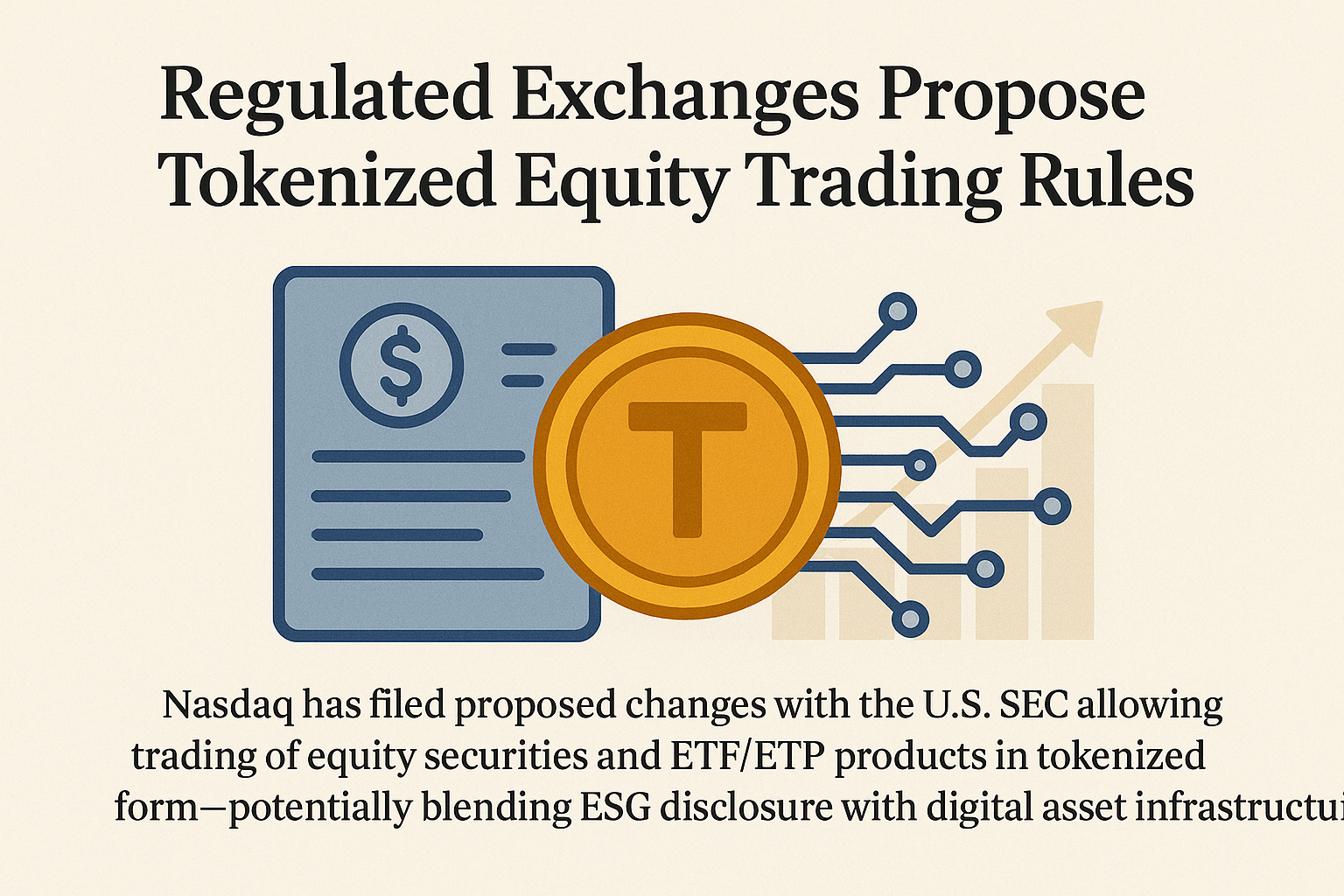Introduction
The growing urgency to combat climate change has pushed industries to explore innovative solutions for reducing carbon emissions. One such avenue is the integration of Web3 technologies into carbon offset markets. By leveraging blockchain, smart contracts, and decentralized finance (DeFi), Web3 is reshaping how carbon credits are created, traded, and verified. This new approach enhances transparency, reduces transaction costs, and promotes broader participation in sustainability initiatives.
The Challenges in Traditional Carbon Offset Markets
Current carbon offset markets face several inefficiencies that hinder their effectiveness:
- Lack of Transparency: Traditional carbon credit systems often lack clear and traceable records, leading to concerns about double-counting and fraudulent activities.
- High Transaction Costs: Middlemen and regulatory complexities contribute to expensive transactions, making it difficult for smaller entities to participate.
- Limited Accessibility: The existing market structure often favors large corporations, leaving individuals and small businesses with minimal participation opportunities.
Web3’s Role in Revolutionizing Carbon Offsets
Web3 technologies offer solutions that address these challenges by decentralizing and democratizing carbon offset trading. Key advancements include:
1. Blockchain for Transparent and Immutable Records
Blockchain technology ensures that every carbon credit transaction is recorded immutably. This prevents fraud and double-counting, providing verifiable proof of carbon reductions. Companies and individuals can track credits from issuance to retirement with full transparency.
2. Smart Contracts for Automated Transactions
Smart contracts enable the automation of carbon credit issuance and trading without the need for intermediaries. This reduces administrative costs and speeds up the trading process, making carbon offsets more efficient and accessible.
3. Decentralized Marketplaces
Web3-based marketplaces allow peer-to-peer trading of carbon credits, eliminating the need for centralized authorities. These platforms enable global participation, ensuring that carbon offset opportunities are more evenly distributed.
4. Tokenization of Carbon Credits
By representing carbon credits as digital tokens, Web3 enables fractional ownership and microtransactions. This allows individuals and smaller organizations to participate in carbon offset markets without requiring large capital investments.
Case Studies and Real-World Implementations
Several projects are already pioneering the integration of Web3 in carbon offset markets:
- Toucan Protocol: A blockchain-based platform that tokenizes carbon credits, making them easily tradable in DeFi ecosystems.
- KlimaDAO: A decentralized autonomous organization (DAO) that incentivizes carbon credit purchases through a native token economy.
- Regen Network: A blockchain-based marketplace focusing on ecological impact credits, supporting regenerative finance.
The Future of Web3 in Carbon Markets
As Web3 technologies mature, the carbon offset market is likely to witness increased adoption and efficiency. Regulatory frameworks are also evolving to accommodate blockchain-based carbon credit systems, fostering a more inclusive and transparent market. Key future developments include:
- Greater institutional adoption of Web3-based carbon offset solutions.
- Integration of AI and IoT for real-time carbon tracking and verification.
- Expansion of tokenized carbon markets to facilitate mass adoption.
Web3 technologies present a transformative opportunity for carbon offset markets, addressing long-standing issues related to transparency, accessibility, and efficiency. By decentralizing carbon trading and leveraging blockchain’s immutability, these solutions empower individuals and businesses alike to participate in global sustainability efforts. As adoption grows, Web3 could become a cornerstone of climate action, ensuring that carbon offset markets contribute effectively to global decarbonization goals.




